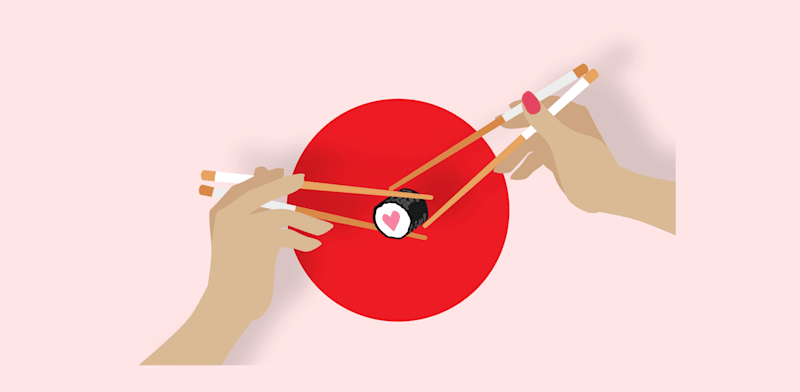Yurika Adachi, a 39-year-old nurse from Umeya, Japan, is tired of swiping left in vain on dating apps. So last year she turned to the officials of the local authority where she lives to help her find a partner.
At first the officials had some questions. Adachi filled out an online form, and made an in-person appointment at the Saitama Rendezvous Support Center. She showed the clerk her photo ID to verify her identity, and pulled out her tax documents as proof of her income. She then went to another office to obtain a document proving that she was indeed single.
“It didn’t bother me,” Adachi said of the cumbersome bureaucratic process. She preferred this to another meeting with a man whose photo on the dating app looks better than reality.
$100 for a 2 year plan
Japan makes a lot of cars, but not enough babies. The country’s population has decreased since its peak in 2008 by more than 800,000 people per year. “If radical measures are not taken, Japan will disappear!” Elon Musk warned on X (formerly Twitter) in June.
Since 98% of babies in Japan are born to married couples, local authorities have added matchmaking services to their list of public services. Adachi paid about $100 for the two-year program. She didn’t need that much time.
She knew a man her age, who she said was unimpressed by his image, but the intended groom, Rei Adachi, had a steady job as a systems engineer. They had lunch together and took a long walk in the park. He loved her smile, and she loved his ease. “Even on the first date,” she said, “I felt very comfortable with him.”
People looking for a marriage partner list, among other things, their hobbies, income and place of residence. Some local authorities conduct a test to determine the values, personal qualities and behavior patterns, for computerized matching.
An example question from the test is – which of the following sentences describes you best? The possible answers: a. I have more intelligence than most people; on. I enjoy spending time with friends.
The Tinder of Tokyo
Officials in Tokyo will soon launch an app that uses artificial intelligence to match singles. The planned application will require applicants to first obtain an online permit through a camera and sign an affidavit stating that they are committed to marry.
“It sounds like too much trouble,” said Natsuki Tomigawa, 28, who works in the tourism business and uses commercial dating apps. “An application is attractive if it is simple and easy to use,” she said.
Tokyo Metropolitan Government official Yoichi Omori said the city puts safety first. “We will present their identity accurately,” he said.
“Alleviates loneliness for the elderly”
In some places such matches have proven challenging to make. The city of Akitaka in western Japan tried to encourage marriage for a decade, yielding 59 couples. According to the city’s calculations, it spent an average of more than $6,000 to accompany each married couple. But not all couples had children, and some couples divorced or moved out of town.
The different local authorities have different requirements and rules for matchmaking services. The Ahima district on Shikoku Island is one of the strictest, requiring a volunteer to accompany potential couples on their first date. The attendants usually stay for the first half hour to help break the ice and make sure there are no questionable matters.
The escorts also enforce local laws: the couple is forbidden to exchange names or phone numbers on the first date, which is limited to two hours. Later, the man and woman (LGBT services are not offered) tell the escort if their date partner liked them. If they both did, the escort gives names and contact information. “I tell them it’s all for their safety,” explains Naomi Atrashi, 64 years old, old attendant.
She usually asks the couple to look at each other for three seconds and then make an impression. “They’re usually very embarrassed and tense,” Atrashi said. “They need help to start a conversation.”
The lender program is one of the most successful in Japan. Its 200 attendants help about 100 couples get married each year, about 2% of all marriages in the province. But its birth rate hit a low last year, in line with the national trend.
Atrashi, the veteran escort, said that the people signing up for matchmaking are getting older and looking for partners, not to have children, but to share their later years. She recently accompanied a woman in her late 40s, who had been married once. Another time she supervised a 63-year-old man who had never married.
“Our attempt to deal with the low birth rate is becoming something else,” Atrashi said with a sigh. “But it’s good that it will help reduce the number of lonely elderly people.”
For your attention: The Globes system strives for a diverse, relevant and respectful discourse in accordance with the code of ethics that appears in the trust report according to which we operate. Expressions of violence, racism, incitement or any other inappropriate discourse are filtered out automatically and will not be published on the website.
